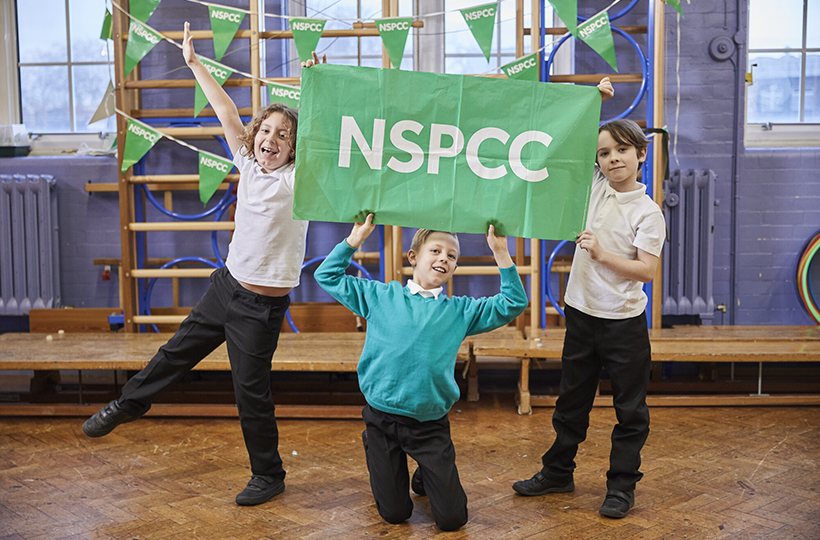NSPCC
Empowering 18,500 engineers with the knowledge and confidence to speak up for at-risk children
Our project at a glance
- Participating GDNs: Cadent, Northern Gas Networks, SGN and Wales & West Utilities
- Strategic priority area: Services beyond the meter
- Support target: 4,500 households per year
- Duration: April 2023 to March 2025
- SGN investment: £115,396.34 over two years
- Forecast SROI: £2.17
We’re hugely excited about this project. Everyone has a role to play in preventing child abuse and neglect. By working together and sharing our resources, experience and expertise, we can help GDN teams across the country play their part in supporting vulnerable families and children in their communities.
Tess O’Callaghan
Associate Head of Commercial Strategy, NSPCC
Why we’re working together
Neglect is the most common abuse experienced by children. Parental stressors, such as financial worries, are a recognised risk factor for child maltreatment. The cost-of-living crisis is amplifying those worries for many families, with more and more households being pushed into fuel poverty.
Every month, engineers from all four of Britain’s gas networks are presented with situations where children may be at risk of harm, but they lack the knowledge and confidence to report their concerns.
While there are industry measures in place to support vulnerable adults, there is less knowledge about how to spot the signs of child neglect or where to go for help.
As gas networks, we’ve partnered with the UK’s leading children’s charity NSPCC to educate our colleagues on how to spot potential child mistreatment and empower our engineers to speak up for at-risk children.
Together, we’ll help keep children nationwide safe from harm.
Project objectives
- Delivering a training programme for 18,635 GDN colleagues on how to spot signs of potential child abuse and neglect
- Implementing consistent child safeguarding standards across all GDNs
- Tackling fuel poverty by helping families access energy efficiency and income maximisation information
- Raising awareness of carbon monoxide among 9,000 NSPCC-supported families
- Providing free CO alarms for NSPCC-supported families

How we’re working together
Child safeguarding training
We’re educating all our frontline engineers, contractors and contact centre colleagues on how to spot potential signs of child abuse and child neglect, and what to do if they have concerns. The ‘It’s Your Call’ training will give our people the confidence to report instances of concern and will ultimately provide greater support to children and families across all our network areas.
Child safeguarding standards
Together as GDNs, we’re working with the NSPCC to develop clear and consistent safeguarding standards and provide bespoke training for colleagues in designated safeguarding roles. This activity will create organisational change in all our organisations, by embedding child safeguarding culture alongside our established policies and procedures.
Energy efficiency and income maximisation
Through the NSPCC’s graded care profile GCP2 programme, we’re supporting families across Britain experiencing fuel poverty. Families are supported by GCP2 partners at up to 92 local authorities to access information on energy efficiency and income maximisation.
Carbon monoxide awareness
In addition to energy efficiency advice, we’re also helping families use energy safely through the GCP2 programme. Many of these households are at increased risk of exposure to the dangers of carbon monoxide. We’re raising awareness of the signs, symptoms and dangers of CO to keep households safe from the silent killer. Alongside carbon monoxide safety advice, families will be able to access free audible CO alarms.
How to get involved
Accessing support from the NSPCC
If you’re worried about a child that you know or who is supported by your organisation, the NSPCC can help. You can find information about what to do in a range of circumstances on the NSPCC website.
Remember, if the child is in immediate danger, call the police on 999 straightaway.
It is crucial that all of us in society recognise we have a role to play in looking out for those young people for whom home may not always be the safest place. Through the GDNs, we have a unique opportunity to empower thousands of engineers with the knowledge and confidence to speak up when they have concerns about children.

